SHOWCASE @laurahird.com
|
Â
Ian Hocking is twenty-eight years old and currently lives in York, where he works for the Higher Education Academy. He grew up in Cornwall and read psychology at the University of Exeter. He stayed on to do a PhD, financing his studies through teaching and freelance writing and editing. In addition to his journalism and science writing, his short fiction has been published in Fragment Magazine, Thirteen, Gold Dust, the Quiet Feather, and Citizen 32. His debut novel, a science fiction thriller called �D�j� Vu,� will be published by the UKA Press in January 2005. Ian maintains a website here and a blog here or drop him a line here. IAN'S TOP 10 INFLUENTIAL AUTHORS/BOOKS: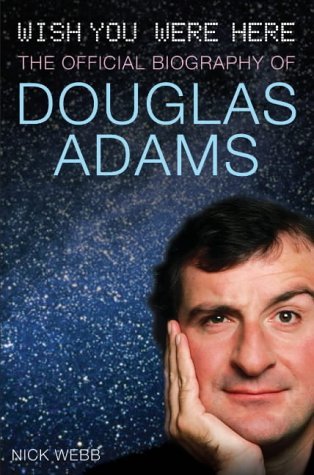 DOUGLAS ADAMS - The Hitchhiker's Guide to the Galaxy DOUGLAS ADAMS - The Hitchhiker's Guide to the GalaxyClick image to visit Douglas Adams's Official Home on the Net; for the BBC's Hitchhiker's Guide to the Galaxy website, click here or for related items on Amazon, click here.  H.W. FOWLER - Fowler's Modern English Usage H.W. FOWLER - Fowler's Modern English UsageClick image for the online version of the book on the Bartleby website; to read James Bowman's National Review review of the latest edition of the book, click here or for related items on Amazon, click here. 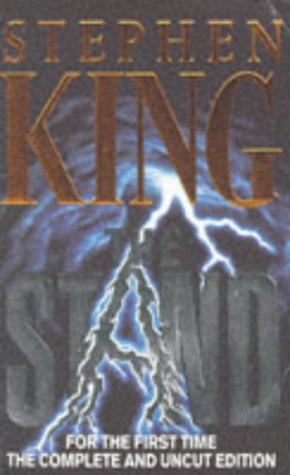 STEPHEN KING - The Stand STEPHEN KING - The StandClick image to visit Stephen King's official website; for the Stephen King Resources on the World Wide Web website, click here or for related items on Amazon, click here. 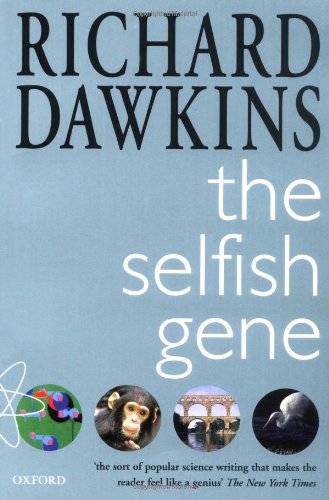 RICHARD DAWKINS - The Selfish Gene RICHARD DAWKINS - The Selfish GeneClick image to visit the World of Richard Dawkins website; to read 'Memes: The New Replicators,' the 11th chapter of 'The Selfish Gene' online on the Rubingh Science website, click here or for related items on Amazon, click here. 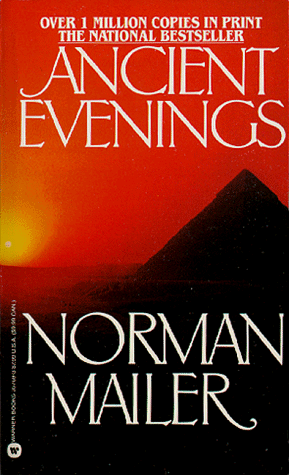 NORMAN MAILER - Ancient Evenings NORMAN MAILER - Ancient EveningsClick image for the New York State Writers' Insitute biography and bibliography of Mailer; for Ian Hocking's review of the book on the Spike magazine website, click here or for related items on Amazon, click here. 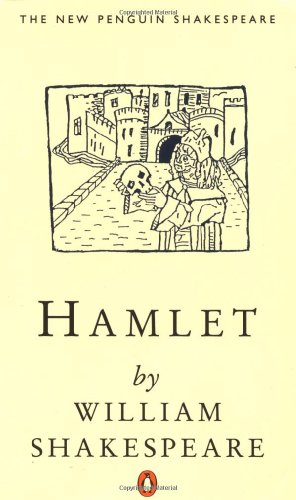 WILLIAM SHAKESPEARE - Hamlet WILLIAM SHAKESPEARE - HamletClick image to visit the Hamlet Online website; for the Mr Shakespeare and the Internet resource site, click here or for related items on Amazon, click here. 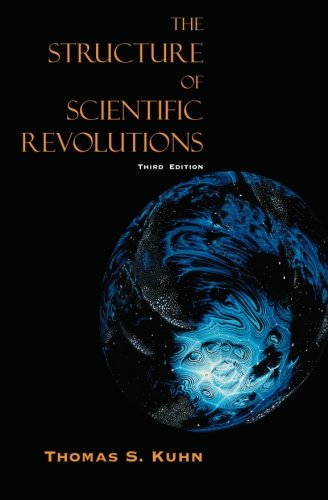 THOMAS S. KUHN - The Structure of Scientific Revolutions THOMAS S. KUHN - The Structure of Scientific RevolutionsClick image for a profile and links relating to Kuhn on the Emory website; to read Steven Yates article, 'Thomas S. Kuhn, the Culture War and the Idea of Secession' on the Lew Rockwell website, click here or for related items on Amazon, click here. 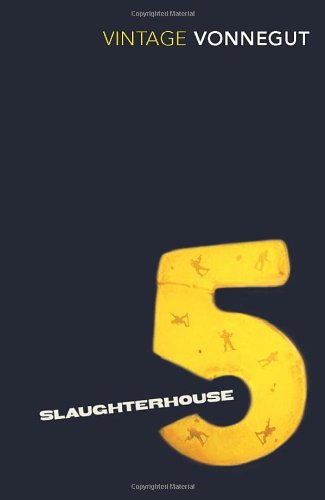 KURT VONNEGUT - Slaughterhouse Five KURT VONNEGUT - Slaughterhouse FiveClick image to visit Chris Huber's Slaughterhouse Five site; to visit Kurt Vonnegut's official website, click here or for related items on Amazon, click here. 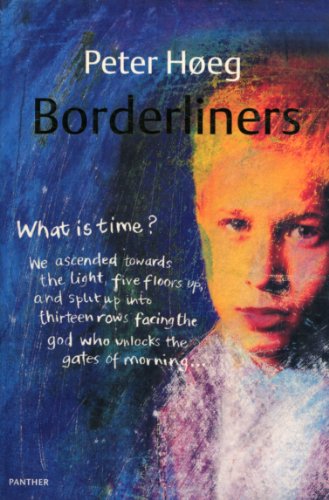 PETER H�EG - Borderliners PETER H�EG - BorderlinersClick image for a biography, bibliography and interview with Hoeg on Matt Loewen's Smilla's Sense of Snow website; for links relating to Hoeg on the Project Runeberg website, click here or for related items on Amazon, click here. 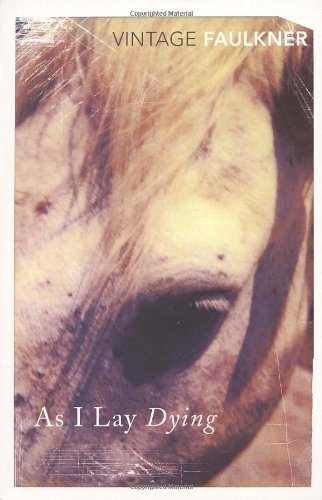 WILLIAM FAULKNER - As I Lay Dying WILLIAM FAULKNER - As I Lay DyingClick image to visit the William Faulkner on the Web site; for Ian Hocking's review of 'As I Lay Dying' on the Spike Magazine site, click here or for related items on Amazon, click here. IAN'S SELECTED LINKS
Don Swaim's 'Wired For Books' ***
The UKA Press ***
UK Authors ***
Gold Dust Magazine ***
The Quiet Feather ***
Fragment Magazine ***
Citizen 32
| |
|
